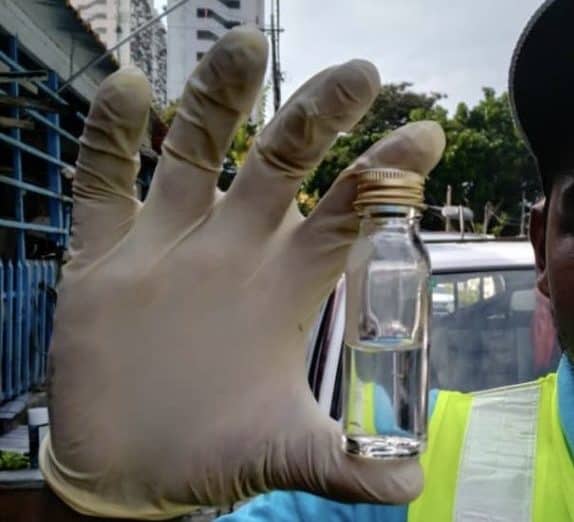THE cumulative number of dengue fever cases in Penang (until Dec 30, 2023) has increased drastically by 353.18% to 7,346 cases, compared with 1,621 cases reported in 2022.
According to the information obtained from the state Health Department, there were 12 fatal cases compared with one during the same period in 2022.
Among the five districts in Penang, south Seberang Perai stands out with the highest percentage increase, marking a substantial surge of 2,026.23%. This district documented 1,297 cases of dengue fever by Dec 30, 2023, a stark contrast to the mere 61 cases reported in the same period in 2022.
Central Seberang Perai likewise experienced a significant surge, witnessing a 539.34% increase in the number of dengue fever cases, escalating from 549 cases to 3,510 cases.
Other districts also observed noteworthy increases: north Seberang Perai witnessed a surge of 104.31%, rising from 232 to 474 cases; the northeast district experienced a substantial increase of 150.29%, going from 521 to 1,304 cases; and the southwest district saw a notable rise of 194.96%, climbing from 258 to 761 cases.
Penang Youth, Sports, and Health Committee chairman Daniel Gooi Zi Sen acknowledged the increasing trend nationwide. The cumulative number of dengue fever cases in Malaysia has increased drastically from 66,102 cases in 2022 to 123,133 (until Dec 30, 2023).
“The Penang government has implemented proactive measures, such as community clean-up efforts (gotong-royong), with an increase fivefold compared to the initiatives in 2022.
“Compound actions and enforcement have also been intensified in neglected environments,” Gooi said when contacted today.
He emphasised the state’s commitment to combatting dengue fever through the mobilisation of the Special Dengue Task Force Committee, with the goal of enhancing collaboration among the relevant agencies directly involved in the efforts.
“A noteworthy undertaking is the implementation of the Communication For Behavioural Impact (COMBI) Programme at both district and state levels to control the spread of dengue fever.
“A key strategy of this committee involves empowering and mobilising communities to actively engage in preventive activities and dengue control measures.
He said more stringent measures would be implemented this year (2024) to combat dengue fever in Penang.
“We also foster the expectation that communities and the public will collaborate to guarantee an environment free from mosquito breeding,” he added.
Story by Christopher Tan

